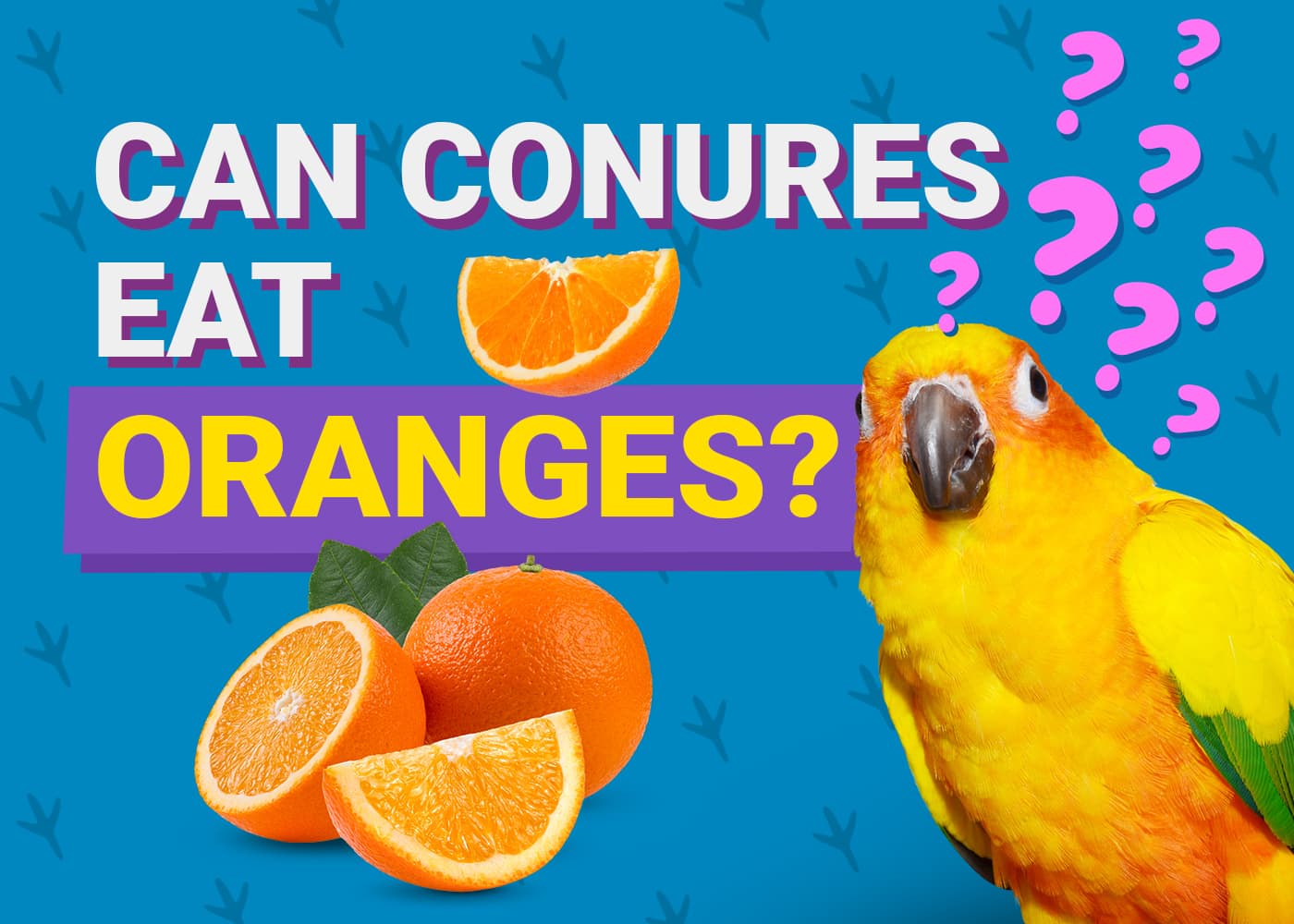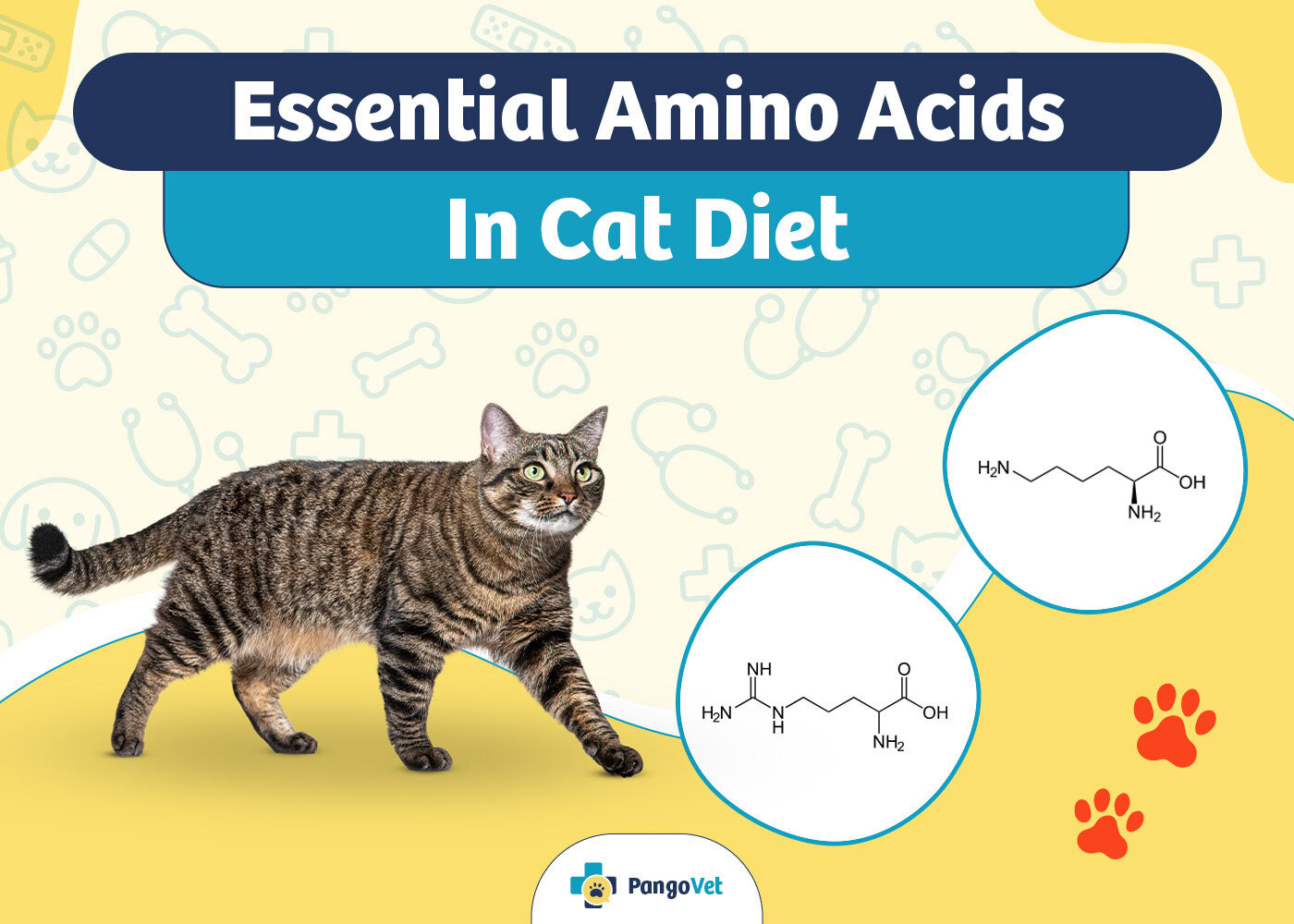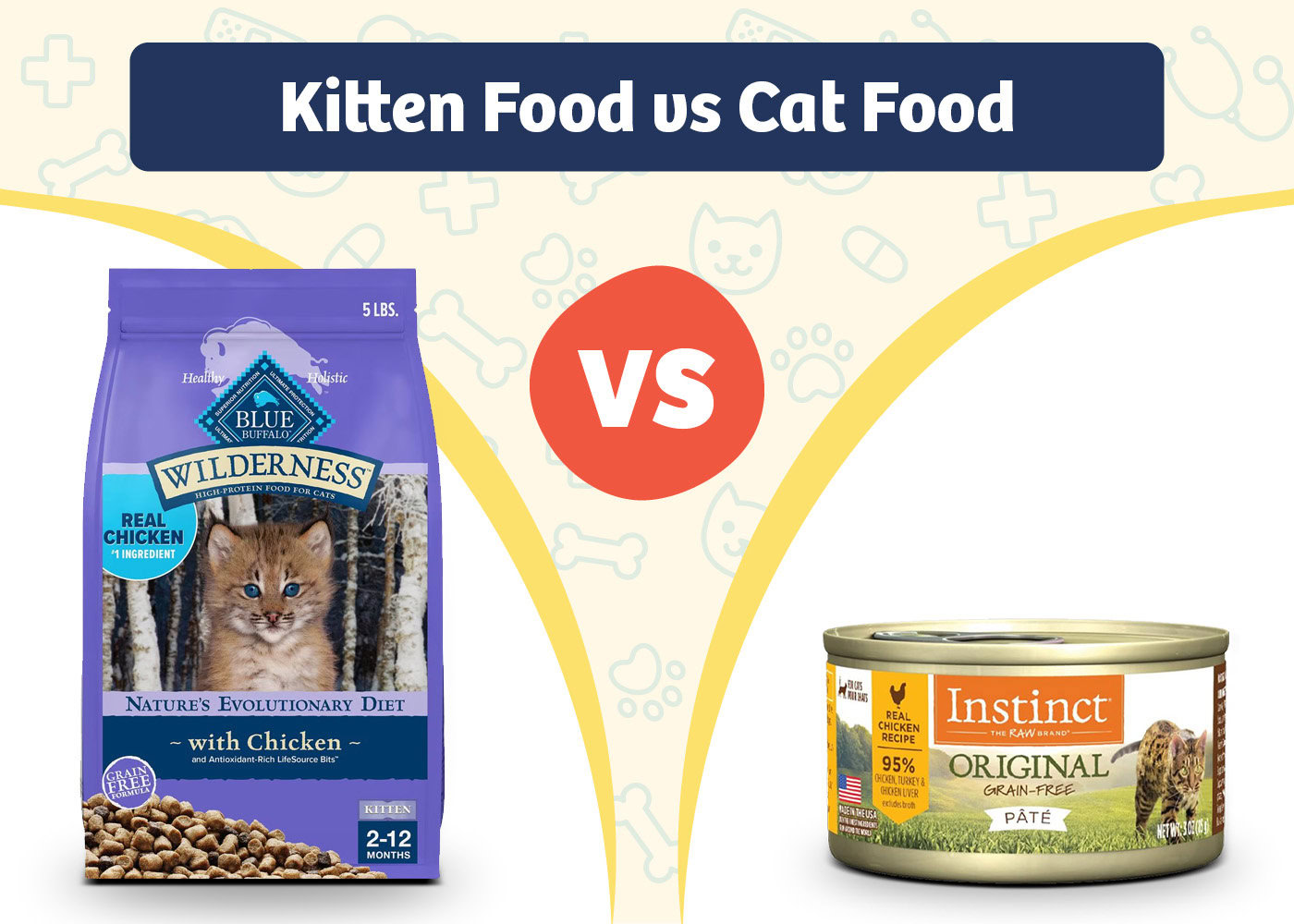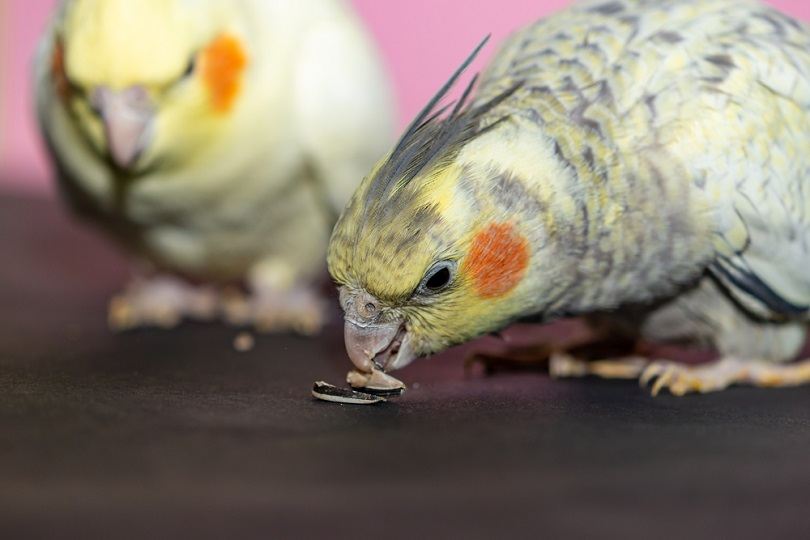VET APPROVED

The information is current and up-to-date in accordance with the latest veterinarian research.
Learn more »Click to Skip Ahead
Conures are such beautiful little birds, and you’ve probably been feeding yours a variety of different fruits over the course of their life. We all know that oranges are good for us, but what about our conures?
Oranges are safe and healthy treats for your conure but only in moderation. As beneficial as these fruits are, they are also highly acidic and high in sugar, and too much of an orange could negatively impact your bird’s health.
If you would like to learn more, read on because we get more in-depth into the health benefits of the orange and what might happen if you give your conure too much.

Knowing Your Oranges
The term “orange” is usually a reference to the sweet orange, which is the botanical cross Citrus × sinensis. Sweet oranges are the most common type of orange and are indeed safe for conures to consume.
However, there is another “orange,” known as the bitter orange or sour orange. This fruit is the botanical cross Citrus × aurantium. It’s native to southeast Asia but can be found all over the world. The bitter orange is toxic for all parrot species kept as pets, including conures.
The rest of this article discusses the sweet orange. If you’re not sure what kind of orange you have, it’s best to not offer it to your conure. We also list acceptable alternatives to oranges if you’d still like to treat your pet.
A Conure’s Diet
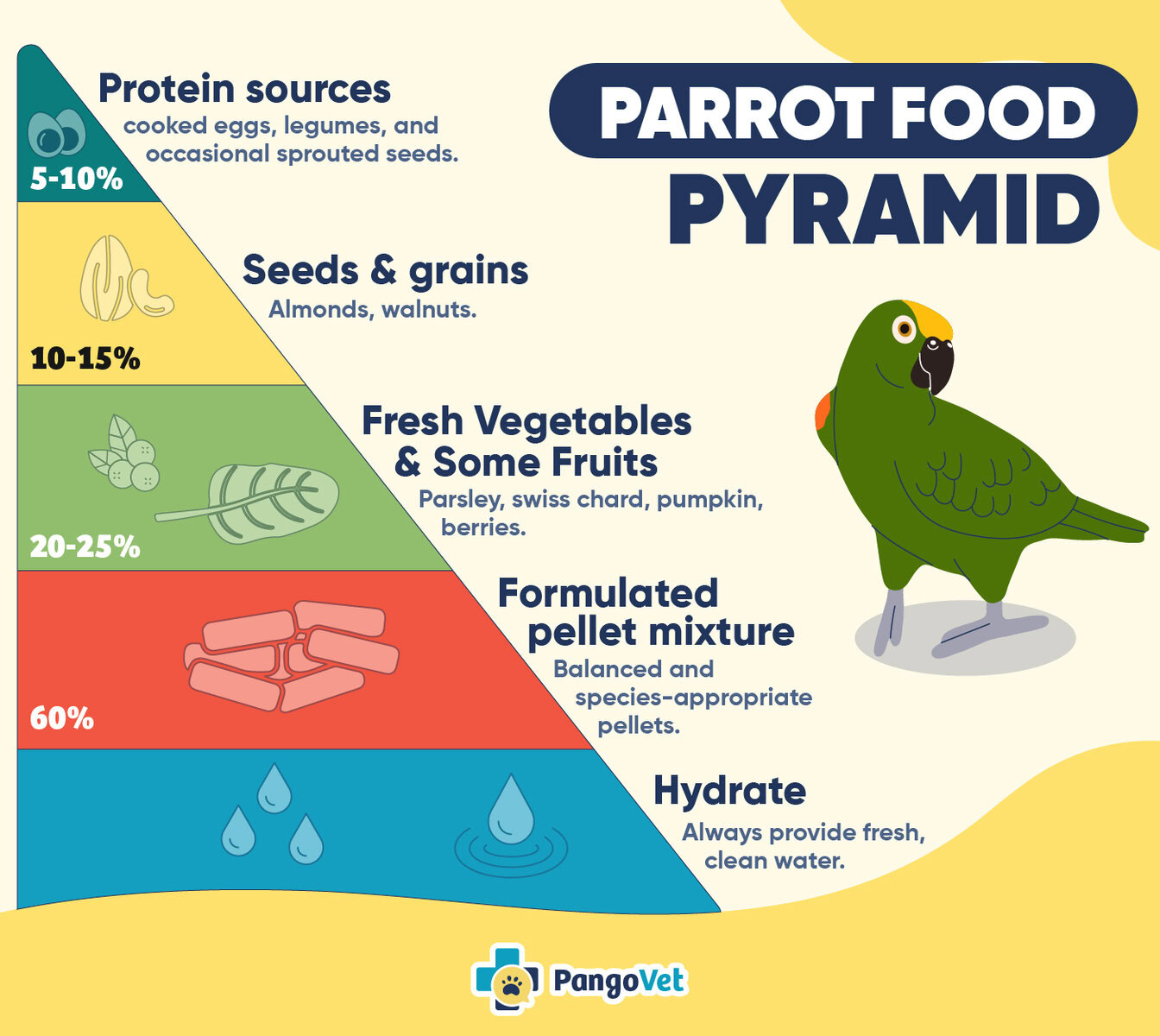
Before we get into the good and bad of oranges for conures, let’s look at the typical diet for these small parrots.
In the wild, conures eat various nuts, seeds, berries, fruits, and vegetation and the occasional insect and larvae. They feed primarily in the treetops. Their primary dietary style is that of a frugivore (fruit eater).
As pets, most conures eat a pellet diet and extra fruits, vegetables, and seeds. Pellets typically make up about 75% to 80% of their diet. These are composed of a variety of food (veggies, fruit, grains, and corn), along with vitamins and minerals, and compressed into pellet form.
The rest of a conure’s diet is generally fresh vegetables, and while these birds can eat fruit, it should only make up a small portion of their meals and be served just once per day.
Healthy vegetables for conures include:
- Zucchini
- Peas
- Corn (in moderation)
- Sweet potatoes (cooked, in moderation)
- Kale
- Bok choy
- Romaine lettuce
- Carrots
- Watercress
- Broccoli
- Cauliflower
The best fruit includes:
- Apricots
- Papayas
- Mangos
- Pears
- Cantaloupe
- Strawberries
- Peaches (not the pit)
- Kiwi
- Watermelon
- Apples (seeds best avoided)
Let’s look now at the orange and the health benefits that it offers.
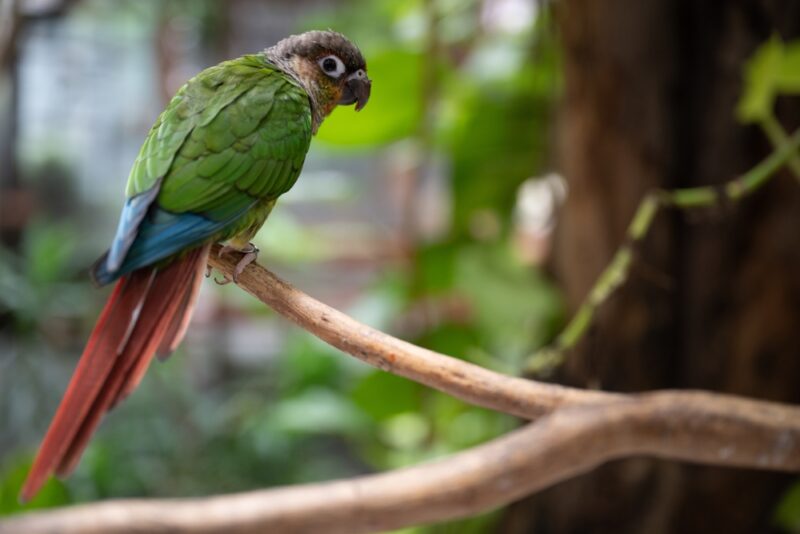
A Little Bit About the Orange
Oranges might be the fifth most popular fruit in the world (behind tomatoes, bananas, watermelons, and apples), but that doesn’t mean they aren’t the best! (Of course, that’s subjective.)
They are grown on trees in tropical areas, specifically in South Africa, Australia, and the Mediterranean, and in the U.S., in Florida, California, Arizona, and Texas.
Oranges are best known for their vitamin C content. Interestingly, though, this isn’t the main appeal for its inclusion in the meals of a conure (or any other parrot), as parrots can make their own vitamin C. A sick parrot may benefit from the supplemental inclusion of vitamin C in their diet, but oranges are not ideal for offering this vitamin to your pet if they’re unwell. An ill conure might not be able to handle a sudden influx of fruit in their diet!

The 3 Problems With Oranges
Oranges are definitely healthy snacks for your conure, but what happens if your conure eats too many?
While the health risks are few, they can still make your conure feel uncomfortable.
1. Digestive Problems
If your conure isn’t used to oranges or suddenly consumes a large amount of one in a single sitting, they’re likely to experience digestive distress in the form of diarrhea. Unfortunately, this issue can be quite problematic for pet parrots (including conures). Parrots with diarrhea require veterinary care.
2. Selective Eating
If your conure enjoys oranges and seems to favor them more than the rest of their food, over time, they may simply refuse to eat anything else until they get an orange from you. Be warned that conures are quite good at throwing tantrums (if they know that it will result in you giving them what they want).
Prolonged periods of selective eating are problematic for conures because they almost always lead to nutritional deficiencies and the associated health issues.
3. High Sugar (Obesity)
Oranges are high in sugar, which is what gives them their sweet taste. Approximately 87% of an orange is water, and another 12% is carbohydrates (including sugar).
Although wild conures may eat a large amount of fruit, pet conures don’t get enough exercise to warrant a high-sugar diet. It will likely lead to an overweight or obese pet, which you definitely want to avoid.
Of course, all this can be prevented by ensuring that you portion your pet’s fruit quota appropriately.
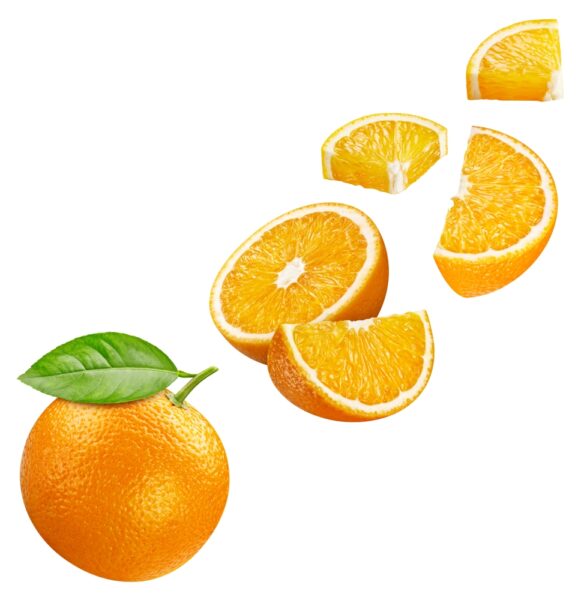
How Much Orange?
As a general guide, fruits should only comprise around 5–10% of a parrot’s diet. Do note that this may vary for your conure, and it’s always best to follow your vet’s lead when figuring out a nutritional plan that works for your pet.
Oranges should not be the only fruits that you offer to your conure, but they can be a part of a rotation of several fruits. For a one-time feeding, a small segment of an orange, about an inch in size, should be enough for a healthy adult conure.
You will likely have to experiment for a while to figure out how your conure likes their oranges. Some like holding chunks of food in their claws, while others prefer small cut-up pieces of fruit to eat at their leisure. Although the orange peel is safe for conures, it should be thoroughly washed before being offered to your pet.
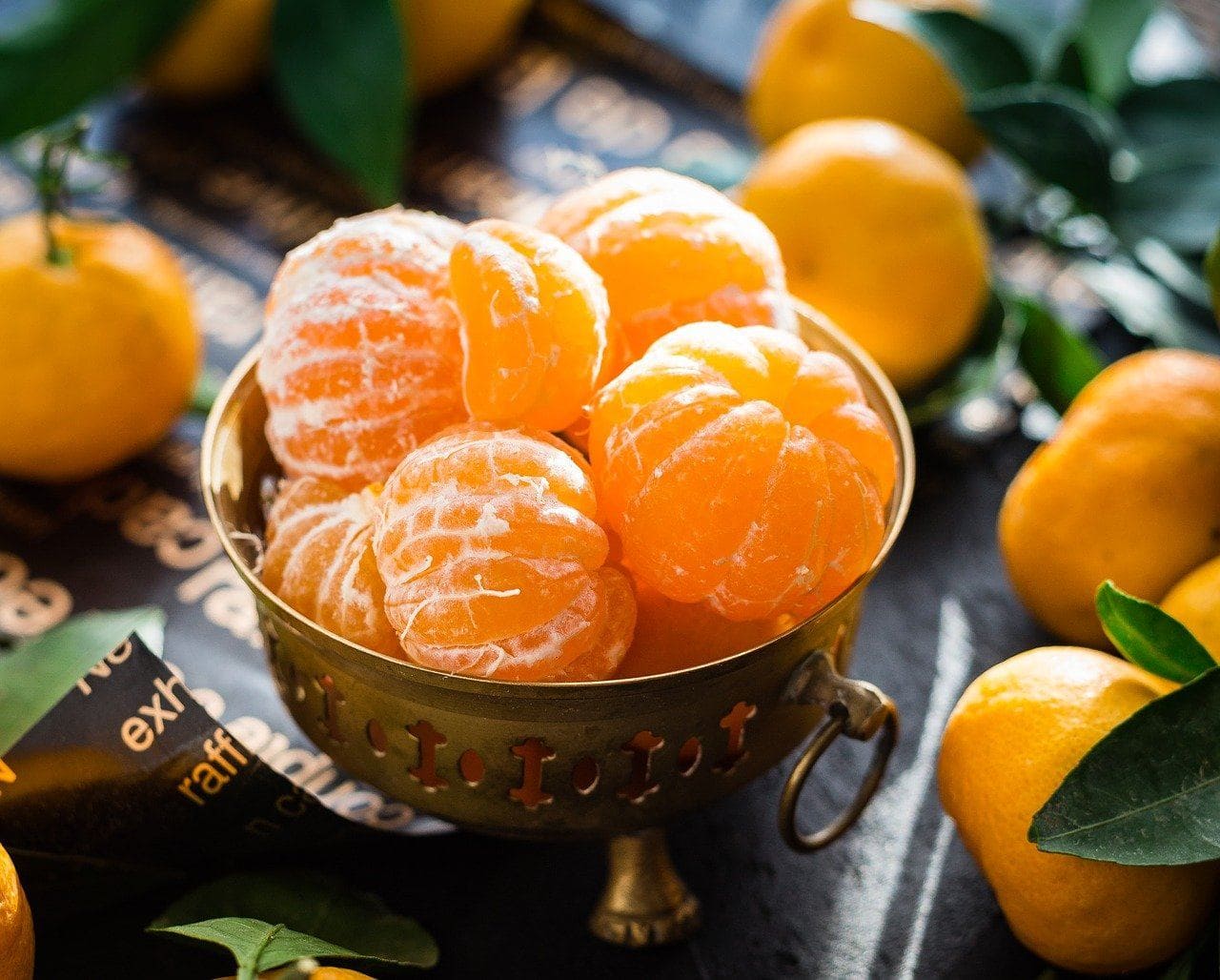

Conclusion
Oranges are safe fruits for conures. However, like most fruits, they should only be offered as a small portion of their meals.
If you’re ever in doubt about your conure’s health or diet, you should speak to your avian vet. This way, you’ll have your bird around for many years to come!
Featured Image Credit by Piqsels
